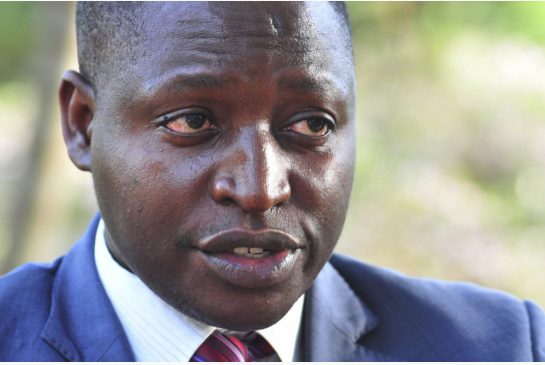Uganda is set to host the eighth African Population Conference where delegates will share and disseminate information on key population, health and development issues facing the African continent.
The Conference to be held from November 18-22, 2019 provides an opportunity for networking and knowledge sharing between researchers, policy makers, programme managers, public health experts, international development partners, and other key stakeholders in the population and development field. This also means that any policies and programmes formulated are evidence-based.
The conference to be held at Imperial Resort Beach Hotel, Entebbe will focus on the theme, “Harnessing Africa’s Population Dynamics for Sustainable Development: 25 Years after Cairo and Beyond.”
According to state minister of finance, David Bahati, “Hosting the forthcoming conference will be another opportunity to share with the rest of the world, the Pearl of Africa’s hospitality, beautiful environment, great weather and wonderful facilities that will certainly make the Conference a success.”
He added: “The theme is also relevant to Uganda which is one of the youngest nations in the world. It is important to note that Uganda’s population is predominantly young (over 70 per cent are under the age of 30 years). This young population is a potential asset for national development through harnessing the Demographic Dividend which is also important for achieving Vision 2040 and the National Development Plan.”
The minister said Uganda will not only share the pathways towards attaining the Demographic Dividend in cognizance of the Country’s Vision 2040 as well as the Sustainable Development Goals, but will learn from countries that have advanced in domesticating the 2017 African Union Roadmap of Harnessing the Demographic Dividend.”
The conference is held every four years and seven conferences have so far been successfully organized by the Union of African Population Studies (UAPS) Secretariat and respective African countries.
Africa, in general, is a very young continent. About 40 percent of the population is below 15 years of age, and an additional 30 percent fall between 15-24 years. This demographic profile presents a unique opportunity to achieve massive socio-economic transformation through harnessing the Demographic Dividend (DD). The Demographic Dividend is the economic benefit that arises following a significant increase in the ratio of the working-age population relative to dependents (children and the elderly), in the workforce.
Africa at a glance
. The current population of Africa is 1.3 billion in 2019, based on the latest United Nations
estimates.
· Africa’s population is equivalent to 16.7 per cent of world population.
· The total land mass (area) is 29 million Km2 (or 11 million sq. miles)
· 43 per cent of the population is urban
· The median age in Africa is 19.4 years.
Africa’s demographic dynamics are shaping its present and future development agenda. Perhaps the greatest and most fundamental challenge is to address the economic and social development issues of a continent that will be home to 1.5 billion people in the next ten (10) years (UNECA 2016) and is expected to reach 2.5 billion by 2050.








